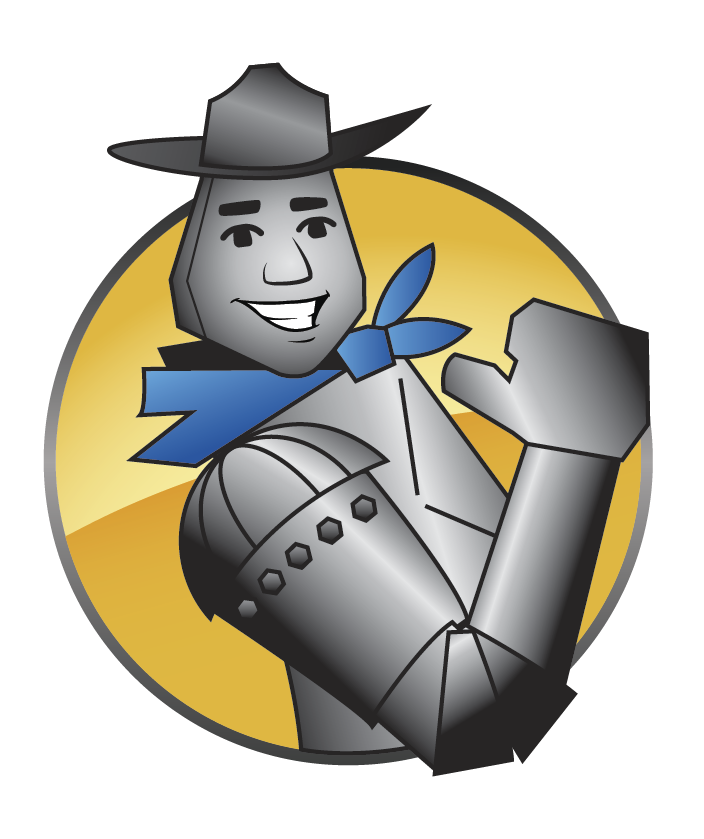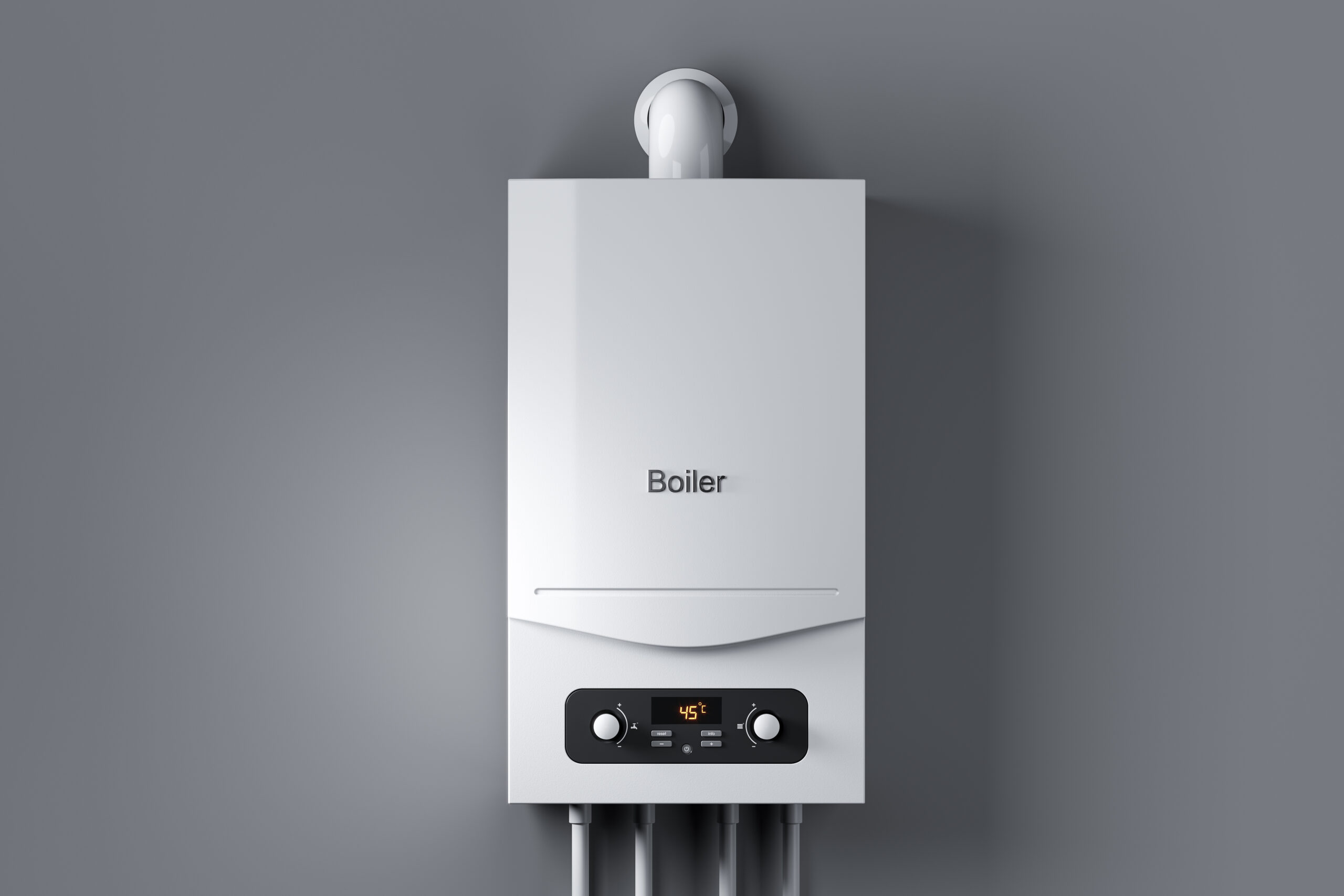


With a functioning boiler, it’s easy staying warm in Ohio’s winter months. But when your boiler acts up, a few blankets and a pair of slippers might not be enough to ward off the cold. With over 37 years of experience maintaining hydronic heating systems, Tin Man Heating and Cooling, Inc. has established itself as a trusted HVAC company in the Bowling Green area. In that time, we’ve developed a true understanding of boiler systems and how to properly maintain, replace, and repair them.Providing Boiler Repair and Replacement Services in Bowling Green Since 1988

It can help by thinking of boilers as a particular kind of water heater. Unlike furnaces, which push warmth through the air, boilers distribute it via heated water pipes. Radiators are then used to dissipate the excess heat throughout your home. The cooler water is then returned to your boiler for reuse. The cycle continues until your home’s ambient temperature matches the number on the thermostat. The above process can vary slightly depending on the type of boiler involved. Steam boilers, much rarer in Bowling Green than they used to be, heat the liquid past the point of boiling. Other boilers, meanwhile, rely on regular oil deliveries to stay in tip-top shape. Regardless of if your system is powered by oil, steam, natural gas, or electricity, our heating service personnel are here to ensure it functions reliably and efficiently. Your heating system is a major part of your home and one of the most expensive components to replace. That’s why it’s vital that you hire the right HVAC contractor to manage your boiler’s repair or replacement. Here in Bowling Green, there are plenty of companies that offer boiler services. How do you choose the one that’s right for you? Here are six things to keep an eye out for: Though boilers break down less often than conventional heating systems, they still need service on occasion. Electrical components come loose. Pilot lights flicker out. Save our number the next time you need to fix a problem with your heating system. You’ll soon learn why so many people in Bowling Green trust us with their boiler repairs. One of the best ways to keep a house warm while also enjoying cleaner air and superior energy savings is with a boiler. When you move into a new home or are constructing one, consider having a boiler installed with a separate air conditioner instead of a forced–air system. Talk to our professionals to learn about the advantages of a boiler heating system. You must take regular care of a boiler system in order to enjoy the advantage of its long lifespan. Otherwise, you’re just sentencing it to an early grave. Our HVAC maintenance professionals will come to your house each fall to inspect, clean, and tune–up your boiler. To make this process automatic all you have to do is sign up for one of our maintenance plans. Tin Man sets ourselves apart from other local HVAC companies by always putting our customer first. We wholly dedicate ourselves to providing prompt and professional boiler service throughout the Bowling Green area. We’re so confident in our ability to meet your needs, in fact, that we guarantee it. From protecting your property to quality workmanship, our HVAC experts hold themselves to high standards. So, the next time you need any kind of boiler repair or installation in Toledo, we invite you to give 419.827.5799 a call. How Often Does My Boiler Need Service? Can My Boiler Heat My Water, Too? What Do I Do if My Boiler Starts Leaking? Turn off the boiler’s power and shut the main water valve. Mop or lay down towels to soak up the water. Try to find the source of the leak: typically the tank, discharge tube, or drain valve. Call Tin Man to schedule a boiler technician for repair. Will a New Boiler Be Quieter? What Brands of Boiler Does Tin Man Heating and Cooling, Inc. Service? What’s the Difference Between a Furnace and Boiler? Heat Source: Furnaces use hot air and ducts; boilers use hot water and radiators. Fuel Sources: Boilers can use oil, pellets, natural gas, and electricity; furnaces may use propane but rarely oil. Type of Heat: Boilers provide radiant heat that spreads upward; furnaces use forced air. Installation Cost: Boilers last longer but cost more to install. Energy Efficiency: Boilers are generally more efficient due to water’s better heat retention and the absence of duct loss. Risks: Boilers can leak water in addition to producing CO, making maintenance critical. Can You Zone a Boiler in Bowling Green? How Do Boilers Work? The tank fills with cold or room-temperature water. The system uses gas, oil, or electricity to heat the water. Once heated, the water or steam is pushed through the home. Water travels through pipes to radiators. Cooled water returns to the tank. The cycle repeats until the desired temperature is reached. Can Boilers Help with Humidification Issues? Will My Radiator Burn Me If I Touch It? How Much Water Do Boilers Waste? Can I Change My Boiler’s Fuel Source? What’s the Difference Between a Boiler and a Water Heater? How Do I Know I Have a Boiler? Can Boilers Use Cool Water to Cool My Home? Ductless mini-split systems High-velocity/aspirating systems Heat pumps What’s a Condensing Boiler? What Are the Major Parts of a Boiler? Aquastats: Maintain consistent water temperature Backflow Valves: Prevent contamination Combustion Chamber: Where fuel converts to heat Feed Pump: Supplies water to the tank Burner: Mixes fuel and air for combustion Heat Exchanger: Transfers heat to water Safety Valve: Releases pressure build-up Economizer: Recaptures heat from vapor Circulator Pump: Moves heated water through radiators Expansion Tank: Manages pressure build-up from heated water Control System: Manages operation and safetyHow Do Boilers Work?
What to Look for in a Boiler Contractor
Our Full Selection of Boiler Services
Boiler Repair
Boiler Installation
Boiler Maintenance
Call Tin Man Heating and Cooling, Inc. for Professional Boiler Service in Findlay and Bowling Green
Boiler FAQs
We recommend having your boiler serviced on a yearly basis. This will ensure it operates at maximum efficiency through the cold times and into milder weather. By getting it regularly serviced, you can help yourself to avoid future boiler repairs. You can learn more about the benefits of HVAC maintenance in Bowling Green and Findlay by reaching out to us by phone or through our website.
While this is an option, it’s not something any boiler can do. You’ll either pay extra for a combi boiler or add an indirect-fired water heater to your existing system. Doing so gives you many of the same benefits as a tankless water heater: limitless hot water, more usable space, and fewer systems to maintain.
If your boiler is leaking, don’t panic. You can limit the damage by taking the following steps:
This depends on numerous factors. Very old boilers are typically very loud. Boilers made in the last 15 to 20 years tend to be quieter. However, newer high-efficiency systems may produce low-level noise due to internal components. Despite this, their lower operating costs often make up for the added noise.
Our radiant heating experts service all brands of residential boilers. These include Lennox, Bosch, Weil-McLain, Lochinvar, Hydro-Therm, Crown, Navien, AO Smith, Buderus, Peerless, Westinghouse, and Triangle Tube.
Zoning refers to creating separate heating areas, each with its own thermostat. Yes, you can zone a boiler system, but it requires plumbing and zoning expertise. Expect to pay at least $1,500 for the first zone.
Boilers are closed systems and won’t add humidity to your home. They also don’t dry the air. To improve humidity, use methods like placing bowls of water near radiators or installing a whole-house humidifier.
Yes, radiators can cause burns, especially with children. It’s best to avoid touching them directly. Installing covers can improve safety. Avoid placing clothes or flammable items on radiators.
Modern boilers are closed systems and waste very little water. Steam boilers lose more water than condensing ones, but overall, water use is minimal.
Switching fuel sources—like from oil to gas—is possible but often not cost-effective. The conversion can exceed $6,000. In many cases, replacing the boiler is a better investment.
Boilers heat your home; water heaters provide hot water for use. Some boilers (combi units) can do both. You can also add an indirect-fired water heater to your boiler system.
If your system uses small pipes and radiators, it’s a boiler. If it uses large metal ductwork and floor vents, you likely have a furnace.
No. Boilers cannot provide cooling. To add AC to a boiler-heated home, consider:
Condensing boilers are more efficient than traditional ones. They reuse heat from exhaust steam by turning it back into liquid, which improves overall system efficiency.
Boilers typically include: